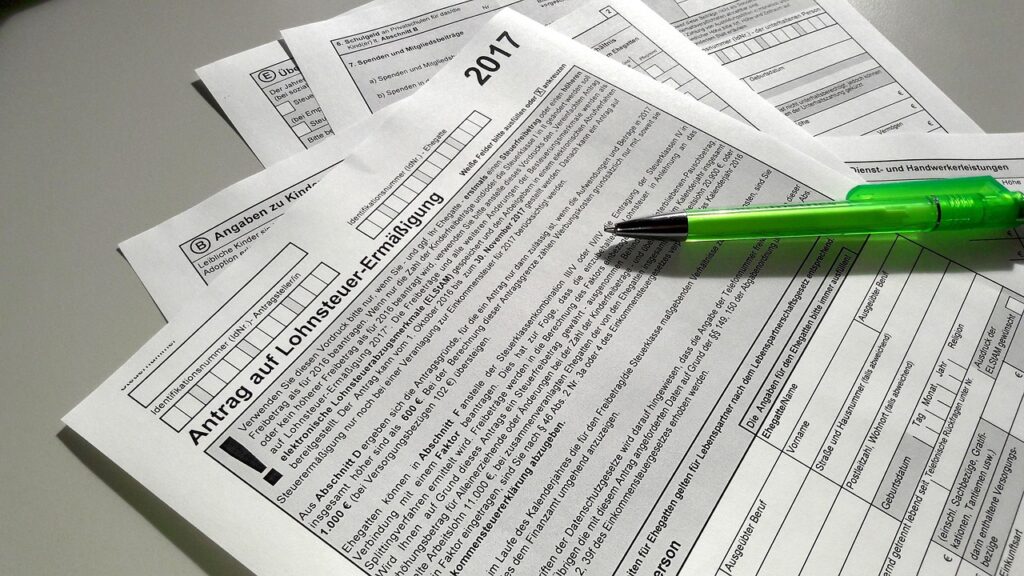Understanding the Benefits of Financial Apps and Tools
Financial apps and tools offer significant advantages for managing money efficiently. They streamline tasks, saving me time and effort. Through user-friendly interfaces, I monitor expenses, create budgets, and track investments effortlessly. Many apps provide real-time insights, keeping me informed when financial changes happen.
Security remains a top priority with these apps, often featuring encryption and two-factor authentication. This ensures my data stays protected while I manage finances on the go. Notifications and reminders help prevent missed payments or overspending. By receiving timely alerts, I can stay on top of bills and financial goals.
Another benefit is integration; several apps connect with my bank, credit cards, and investment accounts, consolidating my financial information in one place. This centralization simplifies my financial overview. Personalized tips and analytics enable tailored money decisions based on my spending habits and financial objectives.
Using financial apps accessible across devices gives me the flexibility to manage money wherever I am. Whether on a smartphone, tablet, or computer, my financial data and tools remain within reach. This convenience supports informed decision-making and the efficient handling of daily finances.
Key Features to Look for in Financial Apps
When choosing a financial app, certain features prove particularly helpful in managing money effectively. Considering these key features ensures the app meets user needs and supports financial goals.
Budgeting Tools
Effective budgeting tools help create and maintain financial plans. Apps with customizable budget categories allow users to allocate funds for specific purposes, such as groceries or entertainment. Automated budget suggestions, based on spending patterns, offer users personalized insights that align with their financial behaviors.
Expense Tracking
Expense tracking provides real-time visibility into spending habits. Look for features that categorize transactions automatically to save time and reduce manual data entry. The ability to generate detailed reports helps users identify spending trends and make informed financial decisions promptly.
Investment Management
Investment management tools simplify portfolio oversight. Apps that provide market updates and analysis assist users in making sound investment choices. Integration with brokerage accounts enables streamlined portfolio tracking, offering real-time insights into investment performance.
Bill Reminders and Payments
Bill reminders and payment features prevent missed due dates and late fees. An app that sends notifications for upcoming bills helps users stay organized. Automated payment options ensure timely transactions, enhancing financial discipline and preventing unnecessary costs.
Popular Financial Apps to Consider

Financial apps streamline money management and bring organized spending into reach. Here are three top apps to enhance financial control.
Mint
Mint offers comprehensive budgeting and financial tracking. It connects with:
- bank accounts
- credit cards
- bills
to provide a real-time snapshot of one’s financial health. With automated expense categorization and customizable alerts, Mint keeps me informed about spending habits and upcoming bills. Its intuitive design suits both budgeting novices and veterans.
YNAB (You Need a Budget)
YNAB focuses on proactive budgeting and providing clear financial insights. It encourages users to allocate funds based on priority, promoting financial discipline by aligning spending with current and future needs. YNAB’s strong emphasis on goal tracking, paired with educational resources, fosters better money habits. Its mobile app ensures I stick to my budget, benefiting from seamless account synchronization.
Personal Capital
Personal Capital excels in investment monitoring and wealth management. It offers a holistic view of finances by aggregating data from various investment accounts and bank statements. Its elegant dashboard provides valuable insights into;
- asset allocation
- cash flow
- net worth
Advanced tools like retirement planners and investment checkups equip users to make sound financial decisions. For those with investment portfolios, Personal Capital is indispensable.
How to Choose the Right App for Your Needs
Selecting the right financial app is crucial for effective money management. It hinges on understanding your unique requirements and evaluating available options.
Assessing Your Financial Goals
- To choose an app, start by identifying your financial objectives.
- Whether managing daily expenses, saving for a house, or tracking investments, align the app’s capabilities with your needs.
- If expense tracking tops your list, prioritize apps with advanced categorization and reporting features.
- Investment-focused users should look for apps offering detailed market insights and integration with brokerage accounts.
Comparing Costs and Features
Investigate the features against the costs to maximize value. Some apps offer free basic versions with premium subscriptions for expanded features. Compare functionalities like budgeting tools, synchronization capabilities, and customer support to find the best fit. For example, free apps might suffice for basic management, while comprehensive financial monitoring could justify a paid plan.
Tips for Effective Money Management with Apps
Financial apps enhance money management effectiveness. They offer strategies to cultivate consistent habits and regular financial reviews.
Setting Consistent Habits
Creating regular habits simplifies money management. I utilize app features such as automated alerts and scheduling tools to establish financial routines. For example, setting a weekly reminder encourages me to review my expenses and update my budget consistently. Customizable budgets within these apps let me allocate funds effectively based on my life priorities. By using spending categories and limits, I gain clarity on my financial situation, reducing overspending.
Reviewing Your Finances Regularly
Regular financial reviews aid in maintaining financial health. I rely on apps to provide comprehensive insights into my expenditure. By reviewing monthly reports, I can assess spending patterns and identify areas for improvement. These tools often include comparative analytics, helping me track progress toward my savings goals. Automatic transaction logs keep me informed, offering a clear and updated view of my financial landscape. This routine enables proactive adjustments and better decision-making.



